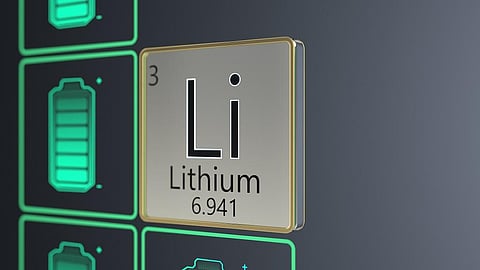

Green transition will not become a reality if the international governments and industries do not consider long-term sustainability while procuring minerals and metals, warned The World Resources Forums (WRF), an international non-profit.
The current extraction and processing practices of these resources are causing heavy damage to biodiversity, driving global greenhouse gas emissions and increasing air pollution, WRF said in a press statement. The current practices do not focus on optimum utilisation as they involve a lot of wastage.
For instance, in order to source 67 tonnes of copper, miners have to extract 50,000 tonnes of earth and rock which is equivalent to five times the weight of the Eiffel Tower, the forum said.
“Every year, the world mines 150 billion tonnes of rock to produce 65 billion tonnes of mineral products. In the process, 72 billion tonnes of waste rock and 13 billion tonnes of mine tailings (a by-product of mining) are also produced,” it stated.
Unsustainable extraction of minerals and metals, their use and disposal threaten humans as well as the planet. Such exploitation drives the planetary crisis on three levels — climate change, pollution and biodiversity loss.
“Minerals and metals are the backbone of major industries, including energy, construction, mobility and electronics. This issue looms over the climate debate and deserves far greater attention,” said WRF Managing Director Mathias Schluep in the press statement.
Moreover, global demand for important raw materials will increase fourfold by 2040, estimated the International Energy Agency. This furthers the concerns surrounding sustainable mineral use. A typical electric car needs six times more minerals than a conventional combustion engine car. Copper, graphite, nickel and cobalt are required for the battery system in electric cars.
After the fifth United Nations Environment Assembly in 2022, the delegates from Switzerland, Argentina, the Democratic Republic of Congo, Ghana, and Senegal adopted a resolution on environmental aspects of minerals and metals management.
They agreed on the need for sustainable management of minerals. Following this, the United Nations Environment Programme convened intergovernmental regional consultations with countries in Asia-Pacific, Africa, Latin America, Western and Eastern Europe, and the Caribbean, among others, between April and July.
Global Intergovernmental Meeting on Minerals and Metals scheduled for September 7-8, 2023, in Geneva, will highlight the findings of regional consultation.